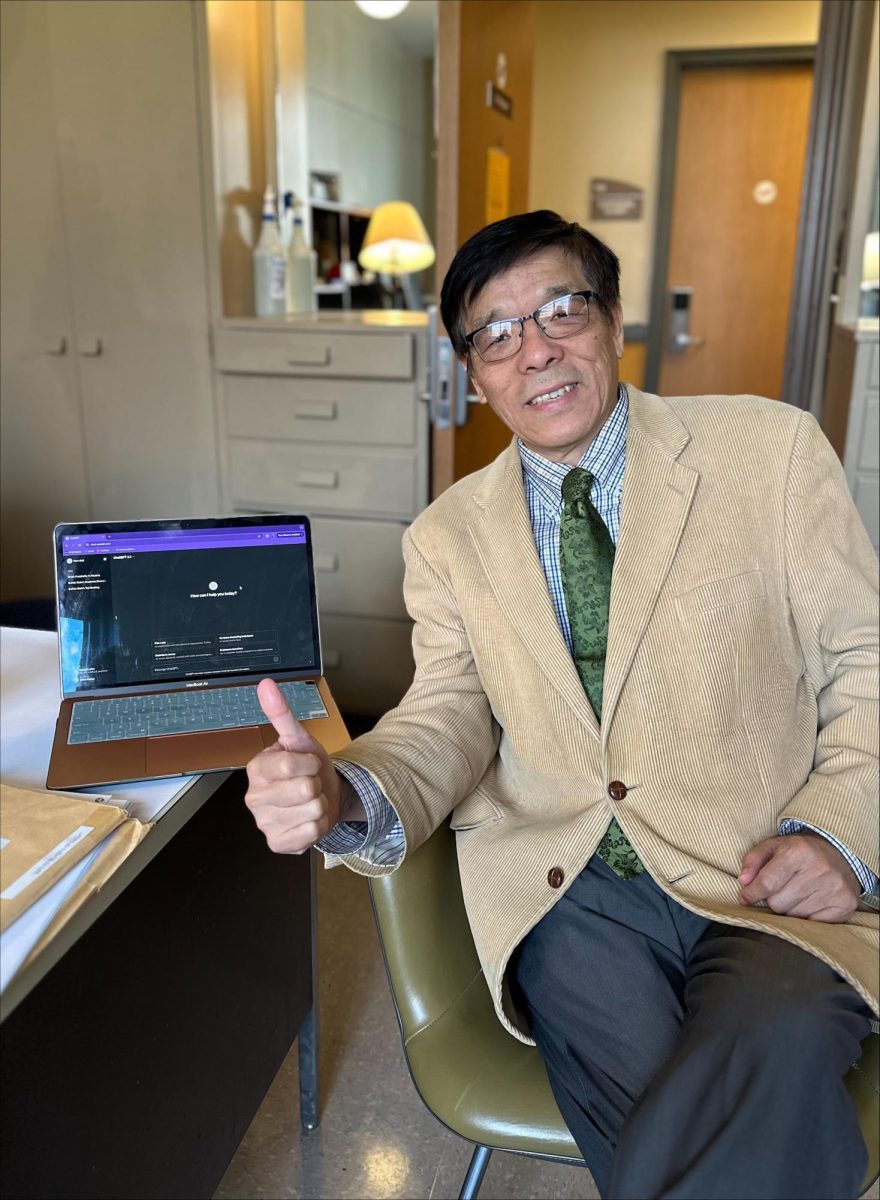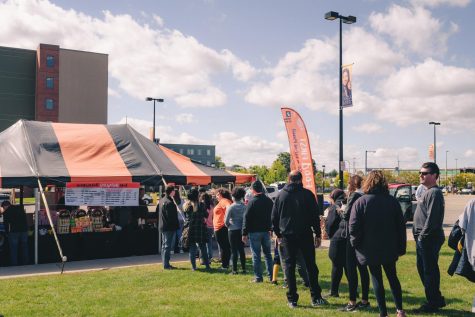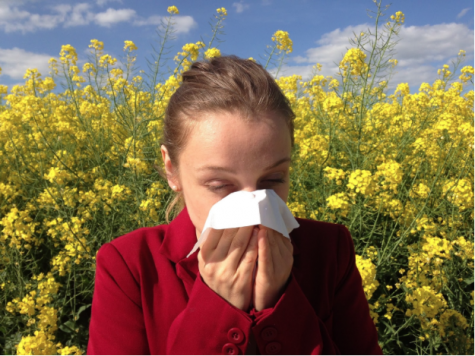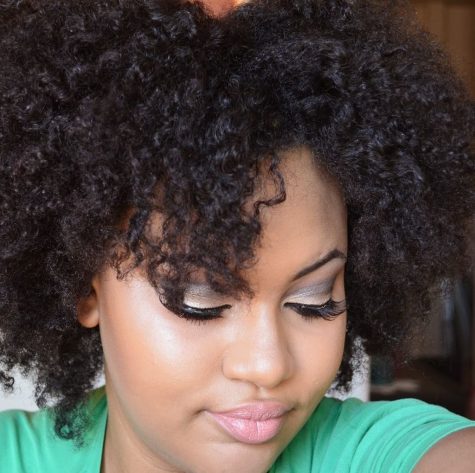Peer Presser: Tips for maintaining good personal health as a busy college student
This is the first installment of Peer Presser, a weekly advice column aiming to offer valuable insights to students, from students. Each Peer Presser features an upperclassman in a different major sharing basic knowledge they’ve gained in their studies applicable to any college student’s daily life.
April 4, 2017
Balancing school, work and a social life often results in neglected personal health for many college students. Proper nutrition and exercise is all too often ignored by students with a busy schedule.
Andrew Spiess is an assistant trainer to Buffalo State’s football team and assists training a high school hockey team. He intensely researches nutrition for his own health.

Andrew Spiess is a senior business major and exercise science minor.
“There’s a lot of false information out there,” Spiess said in regard to health and dieting.
Many blogs have incorrect information, diets that don’t work for everyone, or are even just advertisements to get you to buy something.
“You can’t come up with one simple solution; it doesn’t exist,” Spiess said.
A large issue with unhealthy eating is the tendency to choose “grab-n-go” meal bars and the like.
Whole, basic foods are essential. Choosing an option with minimal ingredients and processing is generally a better idea.
“Don’t get too complicated with it,” Spiess said.
So rather than resorting to a meal bar, have a salad or make eggs, eat an apple. A balanced diet means something different for everyone, but all humans require the same type of fuel to function.
Vegetables are great for you (mom was right), fruits contain a lot of sugar, although it’s natural, and the need for breads is still up in the air, according to health experts.
“It’s such a new field of study that there is no determination on it,” Spiess said about the necessity of breads and pastas.
The recent rise in popularity of organic products is also a gray area, because “organic” and “natural” are very vague descriptions.
As college student, he prefers the more cost-effective option when buying produce.
What you ingest directly affects your output.
“A lot of people, especially here [Buff State], are just sitting for hours at a time in class, or just doing their work, and it’s not good at all,” Spiess said.
Sitting for too long can lead to many health issues and diseases. Make the time to go to the fitness center or even just take a walk.
“If you want to multitask, take some of your work to the gym and do it on the bike, or listen to something that you can learn something from while you’re exercising,” Spiess advised.
Make sure to only multitask during simple exercises, so you don’t get hurt, and don’t lack focus on your schoolwork.
All you need to keep yourself healthy is some cardio, be it running, biking, etc., and a little strength, which can be body-weight.
A gym or workout equipment isn’t needed to stay healthy, so don’t make excuses.
“And recovery’s a big thing, too. A lot of people don’t recover,” Spiess warned.
Recovery includes eating well after a workout and resting your muscles so as to not overwork them.
Measuring your heart rate tracks the intensity of your workout, which determines how much rest you’ll need in between sets and after.
“There are different kinds of stretches,” Spiess said.
Start a workout with dynamic moving stretches, and end it with static holding stretches.
“You don’t want to do a full split after never doing a full split,” Spiess said, laughing.
Maintaining good posture is important in and out of the gym, and if you’re less active, ease into a regimen.
“Just keep moving,” Spiess concluded.
email: [email protected]














